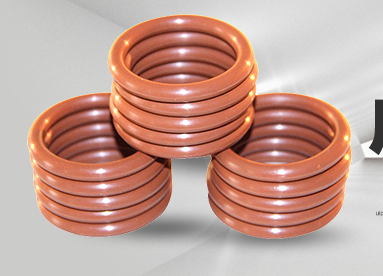News
- Industry news
Industry news
Common categories of rubber molds
Rubber molds are divided into four major molds: press forming molds, die-casting molds, injection molding molds, and extrusion molding molds, as well as several rubber molds for producing special rubber products, such as inflatable molds, according to the mold structure and product production process. Dip mold, etc. Let's take a look at it.
1. Press molding die
Also known as ordinary stamper. The semi-finished rubber compound which has been kneaded and processed into a certain shape and weighed is directly put into a mold, and then sent to a flat vulcanizing machine for pressurization and heating. The rubber compound is vulcanized under pressure and heating.
Features: The mold is simple in structure, strong in versatility, wide in use and easy to operate, so it occupies a large proportion in rubber molded products.
2, die-casting mold
Also known as transfer mold or extrusion mold. It is a mixture of a simple, limited shape of a certain amount of rubber or rubber block semi-finished products into the die-casting mold cavity, the rubber is squeezed by the pressure of the die-casting plug, and the rubber material enters the mold cavity through the casting system. Medium vulcanization.

Features: It is more complex than ordinary stamping die. It is suitable for making thin-walled, slender and flexible products that can not be pressed or barely pressed by ordinary molding, as well as rubber products with complicated shapes and difficult to feed. The products produced by using such a mold have good compactness and superior quality.
3, injection molding mold
It is a type of vulcanization in which a pre-heated plastic material is injected into a mold through a casting system of an injection mold.
Features: complex structure, suitable for large, thick-walled, thin-walled, complex shapes. High production efficiency, stable quality and automatic production.
4, extrusion molding die
The rubber profile semi-finished products of various cross-section shapes are formed by the molding die of the machine head to achieve the purpose of preliminary modeling, and then cooled and shaped to be transferred into the vulcanization tank for vulcanization or used as a preformed semi-finished rubber compound required for the compression molding method.






